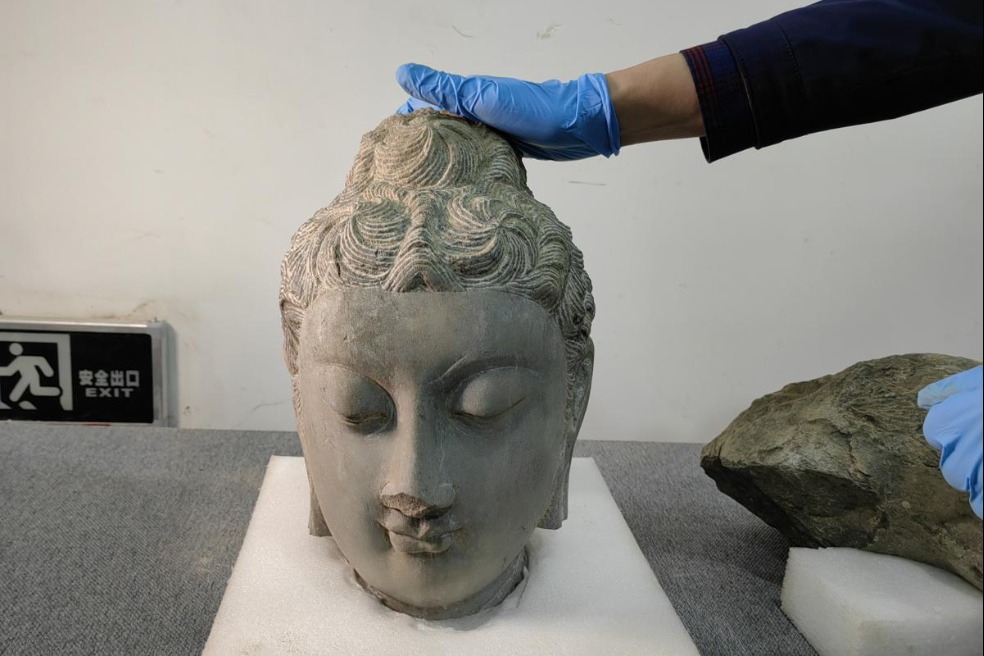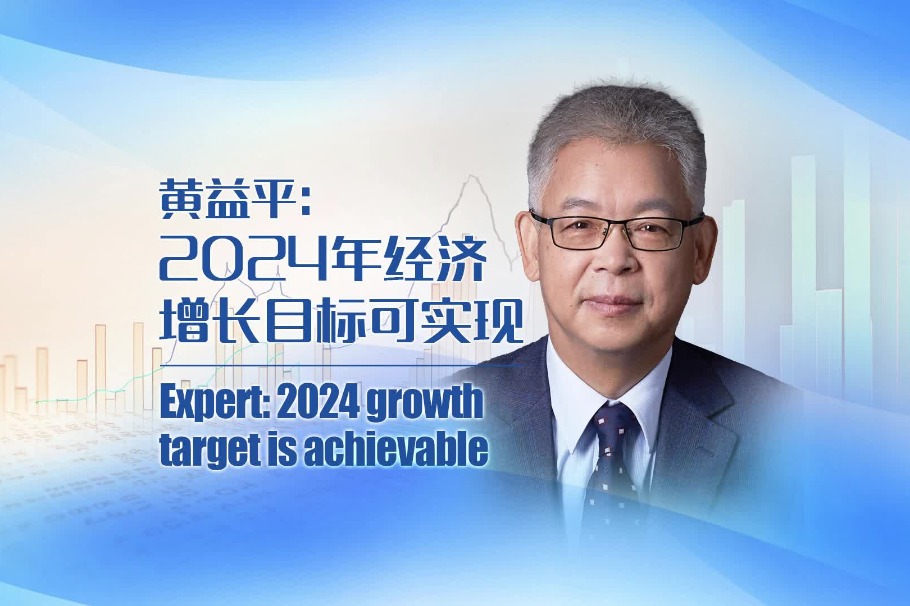BRI links nations, does not lay 'debt traps'
By Li Shipeng/Zheng Dongchao | China Daily | Updated: 2019-03-27 08:12

Despite being widely acknowledged as a connectivity and infrastructure development project for the past five years, the Belt and Road Initiative has come in for criticism by some, with a few even calling it a "debt trap" that China is laying by offering huge loans to countries already under a debt burden.
Some Western think tanks and media outlets with anti-China bias tend to view the BRI as China's strategy to challenge the existing world order and build a new one led by China. By so doing, they reveal their Cold War mentality. And the zero-sum game they are indulging is aimed at disrupting China's peaceful development.
The so-called experts who label the Belt and Road Initiative a debt trap should know that countries involved in the Initiative carefully check the feasibility of a Belt and Road project, and evaluate its costs and profits, and asset-liability ratio before finalizing it. They should also know that China helps countries in need of infrastructure funds which some developed countries and international financial organizations refuse to provide due to the slow return on infrastructure projects.
By calling the BRI a "debt trap", these so-called economic critiques have shown they are prejudiced against China. No wonder they portray funds from Western countries as treats and those from China as tricks.
That the BRI has not worsened any country's debt problems is a fact known to all countries involved in the Belt and Road Initiative. For example, Philippine Finance Secretary Carlos Dominguez said on March 7 that Manila's debt to Beijing is about 1 percent of its total debt. And "at the end of 2022, the Philippine's debt to China will be 4.5 percent of our total debt. The debt to Japan will be 9.5 percent. Now, I don't know why people are not saying we are going to drown in Japanese debt," Dominguez said.
Developing countries have been borrowing funds from Western countries and international financial organizations, and many of them have accumulated huge debts because of the long-term and large loans. Some of these countries have eased their debt problems after cooperating and taking loans from China. As a relative newcomer to the international market, China is not a major creditor in the international community, yet it is being accused, albeit with any basis, of laying a "debt trap" for other developing countries.
The Harold newspaper of Zimbabwe dismissed the China "debt-trap diplomacy" theory floated by the West, saying the United States "is in fact the author of the debt traps since the 20th century… World Bank Group and the International Monetary Fund were mainly instruments to facilitate the reconstruction of Europe after a ruinous world war." African countries joined the World Bank, the IMF and other international financial institutions in the hope that they will help them improve their economies, but these organizations failed to do any such thing. "Most countries on the continent, Zimbabwe included, have been caught up in a serious debt trap from which they are still trying to escape."
China should not take the "debt trap" allegation too seriously, but it should not ignore it either. It should closely scrutinize the funding in BRI countries, enhance communication with those countries, and carefully evaluate their economic capacities before finalizing a project. Also, it should explore the possibility of cooperation with the US and European countries in third-party markets, so as to promote mutual benefit. And it should enhance cooperation with the World Bank, the IMF, Asian Development Bank and the Asian Infrastructure Investment Bank, as well as take measures to make BRI projects more transparent so that other countries do not misunderstand its intentions.
President Xi Jinping said at last year's Boao Forum for Asia that the BRI is a new product, so it is reasonable to have disputes. Hence, China should expand cooperation in BRI projects. And when cooperation expands, the participants will get the true impression about the Belt and Road Initiative.
Li Shipeng is a researcher at the China Center for Contemporary World Studies, and Zheng Dongchao is an associate researcher at the CCCWS. The views don't necessarily represent those of China Daily.
























